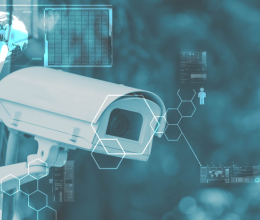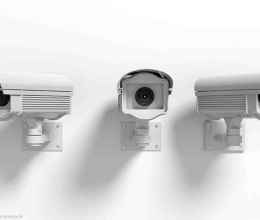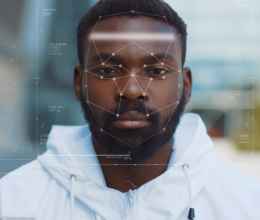NEW ORLEANS – The American Civil Liberties Union of Louisiana today condemned proposed New Orleans City Council ordinance 32-107 that would massively expand the city’s surveillance system by requiring all businesses that sell alcohol to install exterior surveillance cameras and store the footage on a cloud-based government server accessible to law enforcement. The organization said the proposal, which is on the City Council agenda for Thursday, would threaten privacy rights without effectively reducing crime.
“This ordinance would put the city’s surveillance apparatus on steroids, subjecting New Orleanians to near-constant monitoring of their daily lives and stifling our vibrant public spaces – without meaningfully reducing crime,” said ACLU of Louisiana interim executive director Jane Johnson. “This kind of pervasive government surveillance system has been shown to be both ineffective and susceptible to abuse, raising serious constitutional concerns for privacy and undermining trust with the community. We urge members of the City Council to reject this dangerous expansion of government surveillance and pursue more sensible solutions for keeping our streets safe.”
The ACLU of Louisiana said the proposed surveillance mandate would threaten New Orleanians’ constitutional rights to privacy, personal autonomy and freedom of association. In NAACP v. Alabama, the Supreme Court recognized that the ability to freely associate includes the right to do so without revealing one’s identity.
In a recent letter to the council regarding the proposed Citywide Public Safety Improvements Plan, the Office of Independent Police Monitor raised concerns about Mayor Mitch Landrieu’s plan for expanded surveillance and data collection, including the potential for abuse, disparate racial impact and civil liability.
The letter noted that in 2007, a police supervisor in Worcester, England was suspended after improperly manipulating surveillance cameras to focus in on women’s breasts and buttocks. Surveillance technologies are also shown to have a disparate racial impact, with Black people more likely to be misidentified as suspects and disproportionately placed under surveillance.
In addition, video surveillance has not been proven effective. Criminologists studying camera deployments say there is no evidence they prevent or reduce crime. According to the Office of the Independent Police Monitor, “the City of Chicago spent over $60 million of taxpayer’s dollars on 10,000 surveillance cameras, the presence of which have not conclusively proven to deter or reduce crime.”
In Oakland, Calif., Police Chief Joseph Samuels, Jr. concluded that “...there is no conclusive way to establish that the presence of video surveillance cameras resulted in the prevention or reduction of crime.”




